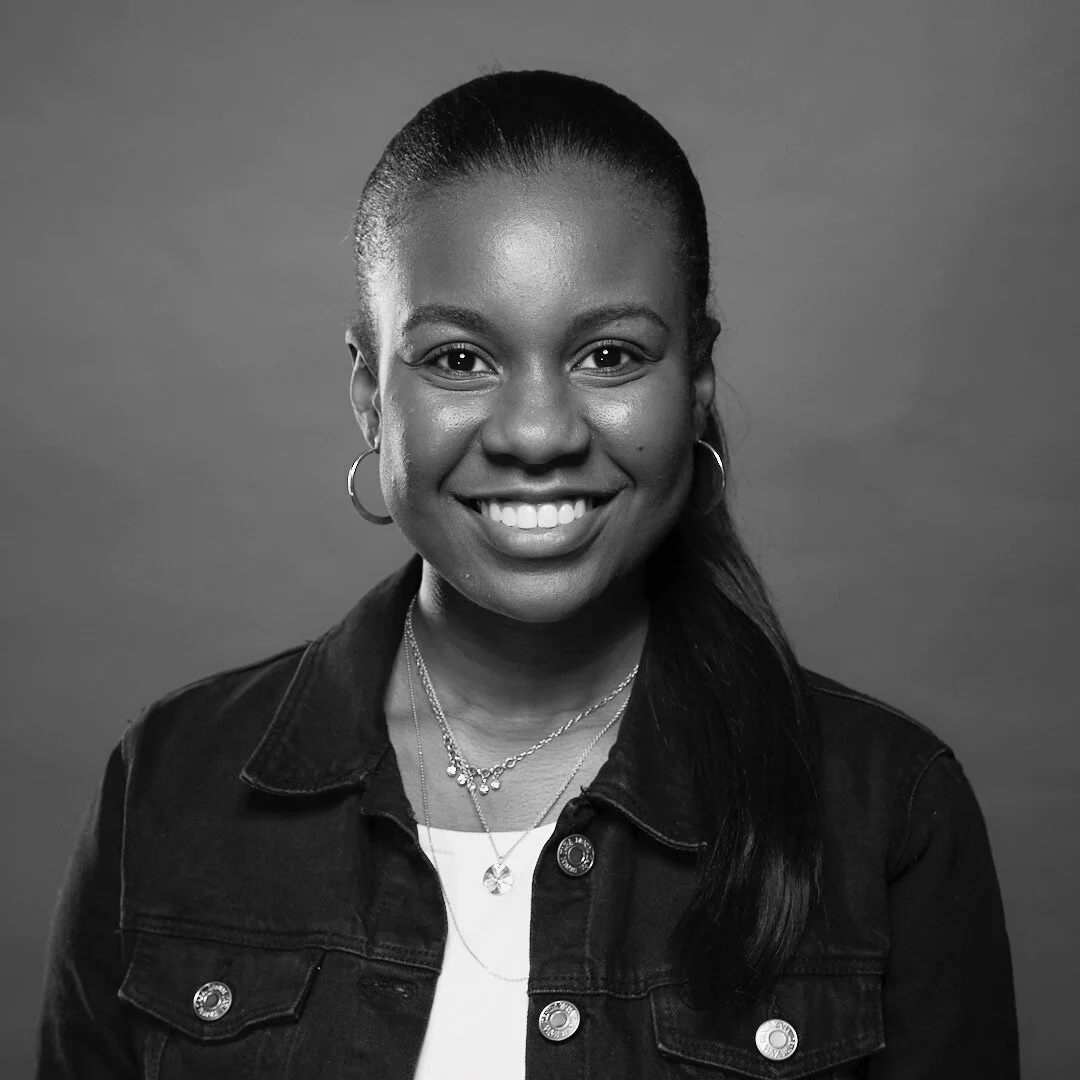Reimagining McCormick: Creating our Future
06-07-2021
Trust the Journey.
Those three words describe the essence of McCormick. And they are the three words you’ll be seeing on all McCormick’s materials, from its website and social media platforms to its business cards and email signatures. After a year of e-mailing surveys, holding focus groups, giving workshops, adhering to a process and lifting up many prayers, McCormick has settled in on the messaging and the imagery that expresses who McCormick is today and strategically focuses the seminary on its future.
Richard Mayo, M.Div. ’19, director of Marketing and Communications, spearheaded the initiative that was tasked with finding out how McCormick is understood by its audiences, both internally and externally. “When I took this position in January of 2020, I was hearing from various individuals that I might want to look at whether there might be some new and innovative ways to more authentically align our communication efforts with who we are today and where we are going tomorrow,” said Mayo. “People were questioning whether the language we had been using to describe McCormick accurately portrayed our commitment to being inclusive, if it recognized our LGTBI community and our enhanced focus on social justice.”
After holding several focus groups with members of McCormick’s staff and faculty, as well surveying students, alumni and members of the community, Mayo determined that formalizing this work had merit. “From both internal and external audiences, I was getting the same message,” said Mayo, who earned his bachelor’s degree in business administration and marketing from the University of Nevada in Las Vegas. “The language we had been using to describe ourselves wasn’t true to who we are today, and our look was getting outdated.”
Over the past few years, Mayo noted, McCormick had been increasing its focus on issues of social justice. “We’ve been part of so many initiatives for social justice that we hadn’t taken the time to do justice to the messaging and images we’d been using to underscore what is uniquely the McCormick experience. And our commitment to innovation and growth just weren’t coming through.”
Two consultants were brought in to lend their expertise and guidance to the project, Brittany Applegate of Brittany Applegate Consulting and Justin Carey, a marketing specialist and graphic designer.
“There was just this sense of vibrancy at McCormick,” said Carey about his interactions with the people of McCormick, “it wasn’t at all what I thought a seminary would be; it was completely opposite.”
“I would echo what Justin said,” continued Applegate. “I had this pre-conceived thought that a seminary is uptight and churchy…people walk around with a “holier than thou” appearance. But after spending time with faculty and doing multiple focus groups, meeting alumni and students, I drew the conclusion that McCormick is a place where you should expect the unexpected. You come in thinking it’s going to be one thing, and the learning, the inclusiveness, the diversity – not just racial diversity, but diversity in the way people think, how they do Christianity and ministry makes you see that this a place where the human experience is driven by a love for God.”
Voicing our values
Applegate centered her work around identifying McCormick’s primary audiences – prospective students and alumni – and helping the seminary to articulate its most dominant values. “Without the many discussions we were able to have, we would have just been guessing,” said Applegate. “Because we were able to talk to alumni who have gone on to do great things, yet stayed connected to the seminary, we started to see the transformational aspect of the McCormick experience. When people graduate from McCormick, they are enriched…they feel that they are ready for real life ministry…that they can go into the world and make an impact and have influence.”
This transformation happens, Applegate believes, through McCormick’s academic rigor, theological reflection and liberating experiences. “McCormick doesn’t place limits on people,” said Applegate. “And because graduates feel that no limits had been placed on them as to what ministry could look like, they go into the world and serve others without placing any limits on what they can do.”
A second major value of McCormick is its commitment to financial feasibility for its students, noted Applegate. “Financing a theological education or any post-graduate education, is a barrier for many people,” said Applegate, “but McCormick works to help ensure that its students don’t graduate with a ton of debt.”
Finally, Applegate cited McCormick’s commitment to working for social justice as a growing value. “McCormick has actually been igniting the call to justice,” said Applegate. “McCormick doesn’t want to ignore what is happening in the world…its nation…and its own backyard. There’s an understanding at McCormick that Christ calls us to justice…to be a helping hand to others in need and to creative a more just and equitable society. When you combine McCormick’s tradition for providing an ever-broadening understanding of God with tools for practical ministry, you get a level of excellence that’s embedded in the entire McCormick experience.”
With this more defined understanding of the McCormick experience, Carey’s role was to translate the values into visuals. “The look of McCormick is the first thing people see before they read anything,” said Carey. “We had the job of bringing the strategy to life in a visually memorable way.”
In addition to the greater clarity about its messaging and a revived look, for Mayo, an important reward of this initiative was the process itself. “McCormick is diverse at its core,” said Mayo, and we tried very hard to make sure everyone was included…that every voice was heard. McCormick has an amazing story to tell. In many ways, we are redefining what it means to be a seminary…to be a Christian. I believe this work represents that and brings a freshness that builds on our past and launches us into our future.”
“We’ve been part of so many initiatives for social justice that we hadn’t taken the time to do justice to the messaging and images we’d been using to underscore what is uniquely the McCormick experience.” Richard Mayo
Richard Mayo
Brittany Applegate
Justin Carey





